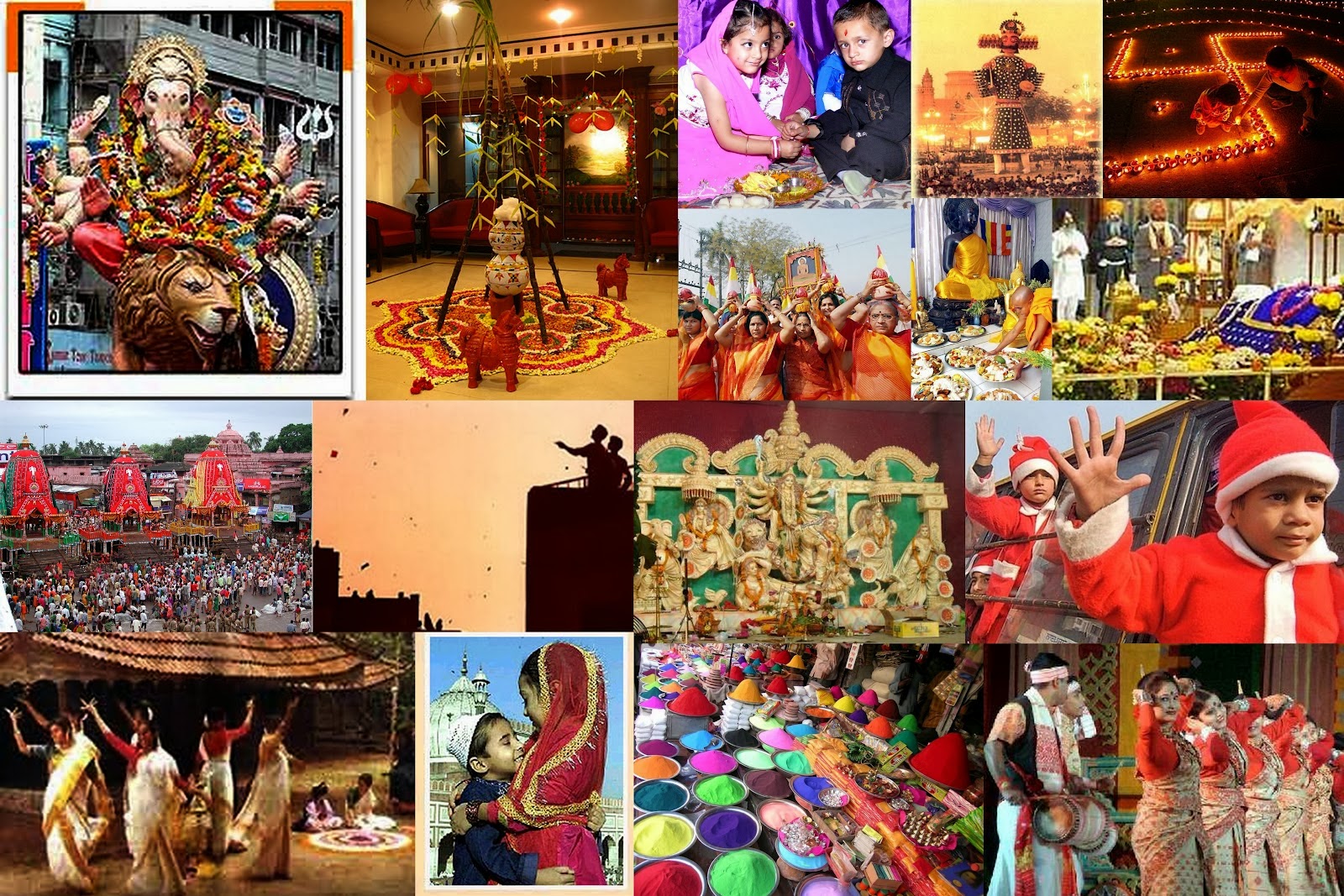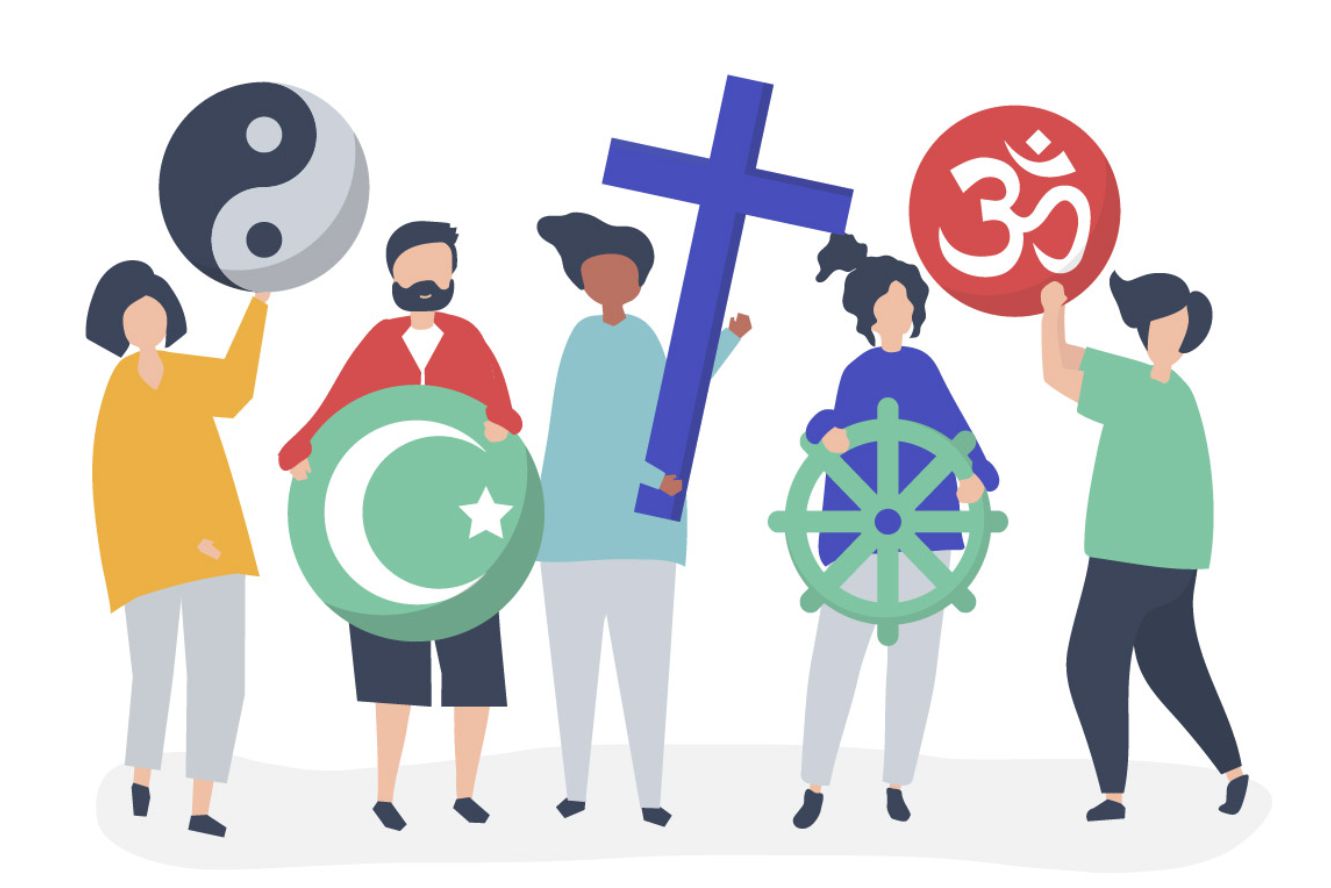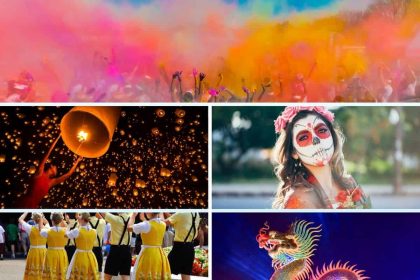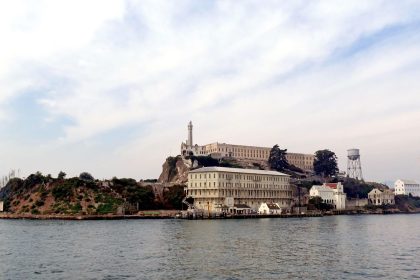Religious festivals are colourful gatherings that showcase the diverse range of human religions and cultures; they are more than just yearly occurrences. These celebrations, which are observed by people of many faiths and cultures, promote communal harmony, spiritual rebirth, and cultural preservation. This essay will examine the importance, customs, and worldwide influence of religious holidays, focusing on the ways in which these events strengthen civilizations’ spiritual and cultural bonds.
The Significance of Spiritual Celebrations
Religious festivals are fundamentally commemorations of notable persons, occasions, or events in a specific religion. They frequently have their origins in historical occurrences, religious texts, or myths that have great significance for the adherents of that faith. These celebrations give followers of the religion a planned way to show their respect, reaffirm their spiritual vows, and commemorate their common beliefs.

Worldwide Major Religious Festivals
Hindu Festivals
One of the most extensively observed Hindu holidays is Diwali, sometimes referred to as the Festival of Lights. It represents the triumph of good over evil and light over darkness. During Diwali, people burn oil lights, decorate their homes with colourful rangoli patterns, enjoy festive meals, and watch fireworks. Throughout the course of the five-day celebration, numerous rites and ceremonies honouring various gods and facets of life are held.
Another well-known Hindu holiday that heralds the approach of spring is Holi or the Festival of Colors. In celebration of happiness, love, and the victory of good over evil, participants hurl water and coloured powder at one another. Holi, which emphasizes harmony and the rebirth of relationships, is celebrated by people of different backgrounds and transcends religious barriers.
Islamic Festivals
An important Islamic holiday called Eid al-Fitr, a key event among religious festivals, commemorates the conclusion of Ramadan, a month-long period of fasting, prayer, and introspection. A special prayer session opens the festivities, which are then followed by group feasts, charitable donations, and fun activities. Muslims use Eid al-Fitr as an opportunity to give thanks, deepen family ties, and help those in need.
The Festival of Sacrifice, or Eid al-Adha, honours Abraham’s (Ibrahim’s) willingness to offer his son as a sacrifice in submission to God. It is commemorated by ritually sacrificing an animal—a sheep or goat, for example—and distributing the meat among close relatives, close friends, and the less fortunate. The themes of generosity, sacrifice, and faith are emphasized by this celebration.
Christian Festivals
Christmas is celebrated on December 25th and honours the birth of Jesus Christ. Festive décor, gift-giving, and special religious services are its defining features. Christmas feasts, nativity scenes, and carols all serve to symbolize the happiness and hope that come with Christ’s birth.
A pillar of the Christian faith is Easter, which celebrates the resurrection of Jesus from the dead. The festival, which is celebrated with lively activities including church services, Easter eggs, and joyful banquets, is preceded by Lent, a time of fasting and penance. Easter is a time of rebirth and hope for fresh beginnings.
Jewish Festivals
The holiday of Passover, or Pesach, commemorates the release of the Israelites from Egyptian slavery. It includes the Seder, a ceremonial dinner where attendees read passages from the Haggadah and eat symbolic delicacies like matzah (unleavened bread). During Passover, one should consider ideas of redemption and freedom.
The Festival of Lights, or Hanukkah, commemorates the rededication of the Second Temple in Jerusalem following the Maccabean uprising. During the event, people light menorahs, play games with dreidels, and eat treats like latkes and sufganiyot (jelly doughnuts).

The Effect of Religious Festivals on Culture
Religious celebrations are essential to the transmission and preservation of cultural heritage. They provide an environment where the next generation can engage in rituals as they learn about their customs and values. In addition to strengthening social cohesiveness, festivals make people and communities feel like they belong.
Religious festivals are important cultural events that draw tourists and foster cross-cultural communication in many parts of the world. For instance, foreign tourists are drawn to India for the vivid colours and festivities of Diwali, while Christmas celebrations around the world highlight a variety of customs and traditions. These celebrations show the similarities and contrasts between different cultures and offer a forum for cross-cultural dialogue and understanding.
Read More: Exploring the Vibrancy of Ethnic Festivals: A Cultural Tapestry
The Contemporary Development of Religious Holidays
Religious festivals are changing to suit varied audiences and modern lifestyles as nations get more globalized. In an effort to connect with younger audiences and reach a wider audience, many festivals now include contemporary components like social media and digital communication. Online gatherings, digital sharing, and virtual festivities are now essential components of how people observe and take part in religious holidays.
In addition, secular and interfaith festivals have developed, using aspects from other customs to produce inclusive and peaceful festivities. These interfaith celebrations frequently seek to close cultural divides and promote tolerance between various religious and non-religious groups.
In summary
Religious festivals are significant manifestations of faith, culture, and society that go beyond simple yearly celebrations. They provide an insight into the values and ideologies that influence societies all over the world through their rituals, customs, and festivals. The significance of comprehending and appreciating the multiplicity of religious festivals grows with our continued navigation of an increasingly interconnected world. We help create a more welcoming and compassionate international community by honouring and celebrating these holidays.








